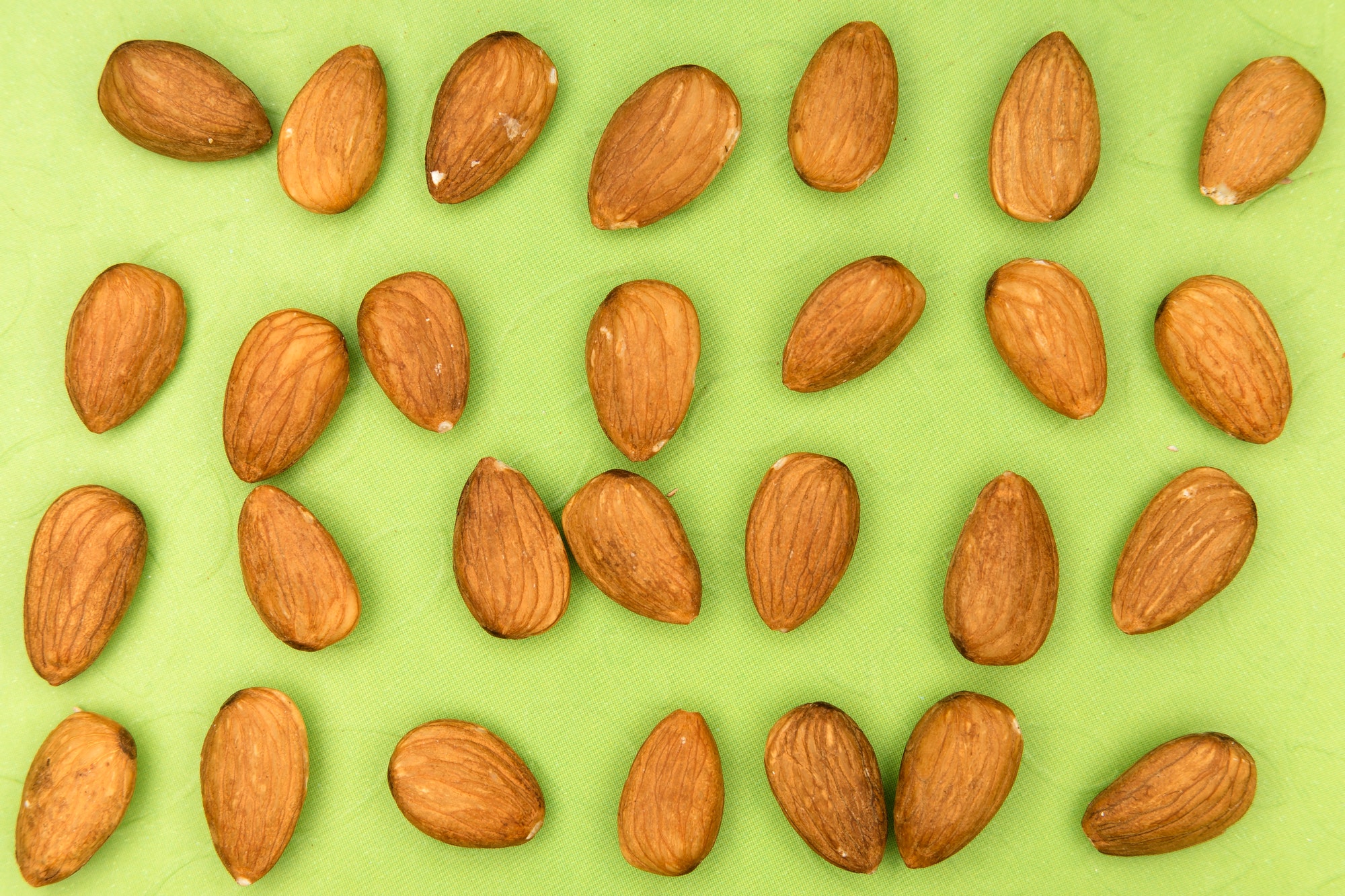Everyone is familiar with exhaustion – that drained feeling when no matter how enticing getting back out into the world to enjoy the summer weather or a friendly barbecue, we just can’t gather up the energy to get out. You might not feel the classic signs of fatigue like achy muscles or an all-over tired feeling. However, you do experience an increasing lack of drive and energy toward many of the activities you used to enjoy.
You might also find it more difficult to concentrate on daily tasks. Eventually, your patience shrinks while your frustration grows, even when faced with seemingly simple challenges like building out your social media posts for the week or doing the dishes.
Sound familiar? You’re not alone – millions of people around the world are feeling the strain due to stress from social distancing, job loss, and health anxieties. COVID-19 has been a stressful time for all of us.
Thankfully, there are plenty of things you can do to enhance your energy levels naturally!
Shift Your Diet to Cover Common Nutrient Deficiencies

Hop online, and you’ll find a variety of vitamins, herbs, and supplements labeled as energy boosters, from caffeine to ginseng. So, where should you start?
Eating a balanced diet helps you meet your nutritional needs. Altering your food intake is the best place to start since many common vitamin and mineral deficiencies can lead to fatigue.
Here are a few nutrients to watch for:
- Magnesium – This mineral is necessary for over 300 biochemical reactions in the body, including breaking down glucose into energy. That means when levels are even a little low, your energy levels can tank! Up your magnesium intake by incorporating more green leafy vegetables like kale and spinach into your diet.
- Iron – Exhaustion is one of the most common signs of an iron deficiency since it impairs your body’s ability to create red blood cells. People lacking enough iron in their blood often feel lethargic, weak, and have trouble focusing. Consuming legumes, shellfish, and pumpkin seeds can help your body replenish your body’s iron levels.
- Potassium – Fatigue and muscle weakness are often the first signs of potassium deficiency. Since potassium helps regulate muscle contractions, your muscles won’t work as well if your blood potassium levels are low. Potatoes, bananas, and even orange juice can increase your potassium levels – no supplements necessary.
- Vitamin B12 – Experiencing memory trouble or lack of coordination in addition to exhaustion? If so, vitamin B12 may be the culprit. Since your body doesn’t produce its own vitamin B12, you have to get it regularly from food. Animal sources like dairy, eggs, and meat have B12 naturally, but you can also get the appropriate amount from items that have been fortified with it, like many kinds of cereal.
- Folic Acid – Another B vitamin may also be the culprit of your zapped energy levels. Folic acid and folate are forms of a water-soluble B vitamin. Since 1998, folic acid has been added to a wide array of cereals, flour, bread, pasta, and bakery items, as required by federal law. Foods naturally high in folate include leafy vegetables, fruits, and mushrooms.
Don’t Overwork Yourself

One of the biggest reasons people experience fatigue is due to overwork. A combination of professional, family, and social obligations can leave you exhausted by the end of the day with no time to recharge. Try streamlining your list of “must-do” activities by setting your priorities in terms of the most critical tasks. From there, you can pare down those that are less important, or consider asking for extra help when needed.
Stress-induced emotions use up massive amounts of energy. Talking to a friend or relative, joining a support group, or seeing the right therapist can help diffuse stress. Likewise, relaxation therapies like meditation and yoga are also effective ways to reduce stress.
Take a Walk to Boost Your Energy Levels

It might seem like moving around when you’re exhausted is the quickest way to feeling even more tired, but the opposite is true. In fact, experts say that increasing your physical activity levels – especially walking – can increase your energy in the long run.
Since many gyms across the country are still closed, walking is a great way to stay healthy without increasing your risk of getting sick. Walking doesn’t require any training or equipment, and you can do it anywhere.
Studies conducted by Robert Thayer, Ph.D., at California State University, show that a quick 10-minute walk increases energy levels significantly. The more people walked each day, the more energetic they felt, and the more their mood improved. When these daily 10-minute walks continued for three weeks, overall energy levels and mood lifted. More specifically, the study indicated that when participants walked more, they also rated their health, energy, nutrition, overall mood, happiness, and self-esteem more highly.
Avoid Skipping Meals

It’s better to eat snacks and small meals every few hours than three large meals a day. Eating a little throughout the day can reduce fatigue because your brain needs a steady supply of nutrients to function correctly.
According to Harvard University, eating foods with a lower glycemic index — whose sugars are absorbed slowly — helps you avoid the lag in energy that happens after eating rapidly absorbed sugars and refined starches. Foods with a low glycemic index include high-fiber vegetables, whole grains, nuts, and healthy oils like olive oil. Proteins and fats also have glycemic indexes that are close to zero.
Studies by The Ohio State University Wexner Medical Center show that people who eat breakfast report better moods and higher energy levels throughout the day. Likewise, studies from Prevention and Psych Central found that missing any meals during the day led to an overall greater feeling of fatigue by the end of the day.
Drink More Water

What’s the one nutrient that has been shown to enhance performance for everyone? It’s not a pricey sports drink. It’s water.
You may already know that our bodies sometimes tell us we need food when we really need more water. But did you know that thirst also masquerades as fatigue?
Even slight dehydration can cause sleepiness or lethargy, according to nutritionist Keith Ayoob, Ed.D., R.D., a professor at the Albert Einstein School of Medicine in New York.
The solution is simple: drink more water. This is especially important for boosting energy on hot summer days or after exercise. By drinking enough water before bedtime, you’ll find you get a better night’s rest, which results in more energy the next day.
Be Smart About Caffeine

Caffeine increases alertness, so a cup of coffee really can sharpen your mind. But there’s a right way and a wrong way to go about it.
If you find yourself reaching for your fourth cup of coffee by noon, it might be time to try things a little differently.
To get the best energizing effects from a caffeine boost, you have to use it judiciously. Too much caffeine can cause insomnia, especially when consumed in large amounts or after 2 PM.
Instead of drinking multiple cups of black coffee, try pairing a quick hit of caffeine with the sustaining power of protein by drinking a latte instead.
Milk turns your standard cup into a protein drink that provides extra energy and calcium, which is good for your exhaustion and bones. Not into dairy? Combine your coffee with almond milk instead, and the healthy fats will help tide you over until snack time!


